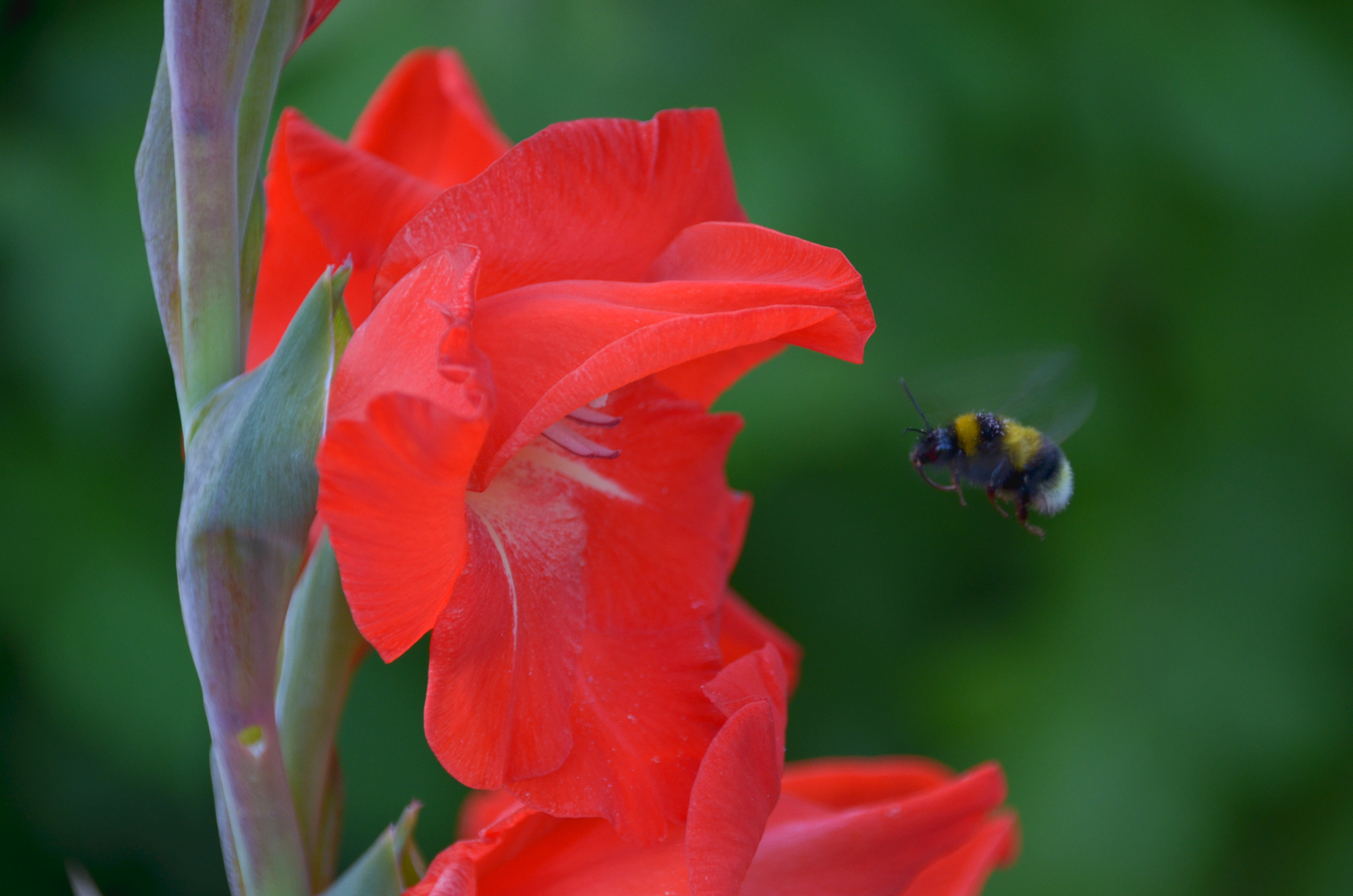Published on 18-03-2024

At the base of our breeding program is a comprehensive knowledge of our markets. We use this knowledge to make solid crossing decisions, test our best selections in various locations, and see how they do under different growing conditions. If all the ingredients are right, we start producing on a larger scale.
Some breeding criteria that are important to us are:
The right proportions of spikes and leaves: While you used to see gladioli that consisted of about 30% spike and 70% stem, we’ve bred our varieties for a radically different look. Our varieties boast a spike percentage of a whopping 50 to 70% and shorter leaves.
Robust breeds that need less crop protection: In our breeding program, we focus on strong varieties that are resistant to common diseases. In this way, we don’t need to use as much crop protection, while the loss of bulbs is kept low. We’re also discovering the possibilities for organic cultivation, which does not require regular crop protection at all.
Diversity in colors and styles: Just name a color, shape, look, or specific feature – you can bet we have a gladiolus in our range that’s got what you want. With over 150 different varieties in our range, our breeding program keeps us innovative. Especially thanks to our wide range! That lets us select for very specific nuances as we develop new and unique varieties.
Large flowers: We like a large spike with room for plenty of flowers, but we also aim for a nice big flower. That makes a gladiolus even more attractive to bees, plus it increases its ornamental value. These varieties are true eye-catchers!
Technical characteristics: Of course, technical characteristics are very important to our breeding program. Examples of these include weather resistance, vase life, growth rate, uniform flowering, flowering time, and growing needs. There are always characteristics that could be developed further.

Pollen grains contain the male sperm cells, which need to get to the stigma of the pistil, where the female eggs are. This is what interbreeding, also called cross-pollination, is based on.
In nature, insects like bees, bumblebees, and butterflies do this job. They fly from flower to flower, collecting pollen by rubbing against the flower’s stamens. As they land on the next, this pollen is transferred to the stigma of the same kind of flower – or a different kind. The latter is called cross-pollination.
If you want targeted cross-pollination, you can do this job manually. This is actually done using a small brush! The pollen from the male flowers is carefully collected at the stamens, and subsequently applied to the pistils of the female flowers. This centuries-old technique has been complemented by modern breeding techniques, making flower breeding future-proof.
Forever Bulbs is quite literally a nursery for gladioli. We analyze what the market needs and talk to our clients to hear about their specific requirements, so we can hatch the perfect plan together. We invest in on-location testing to monitor how our breeds perform under our clients’ local conditions. And we innovate continuously. Our valuable knowledge allows us to develop state-of-the-art breeds with a distinctive look that sets them apart in the market, while the grower benefits from robust and efficient growing characteristics.
As our grower Rence Slootman says, “The so-called medicine cabinet that we used to use, which prevented plant diseases, has been taken away from us. That means we’re more at the mercy of nature now – but of course, we have our craftsmanship to lean on. Together with Forever Bulbs, we perform research on how to produce the healthiest possible varieties using approaches and techniques that are currently available. Of course, we are also constantly looking for new innovations and working to develop disease-resistant varieties.”
Read the full interview with Rence Slootman here: A chat with grower Rence Slootman about quality.
Strong bulbs and healthy varieties, which grow better and are less susceptible to pests and diseases, grown with as little crop protection as possible. That’s what Forever Bulbs’s gladioli breeding is all about.
Check out our product groups or have a look at our online catalog to discover our entire range and find the gladiolus that’s perfect for you.
Do you want to know more about our unique approach to growing? Visit this page to learn more about Forever Bulbs, our partners, and why we work hard every day to spread our love for gladioli all over the world.